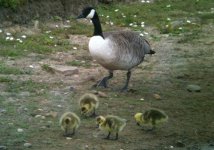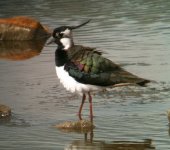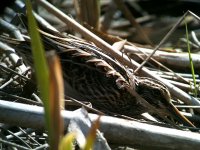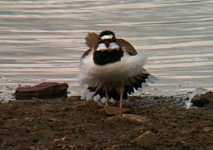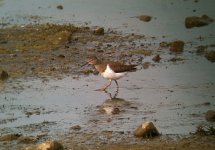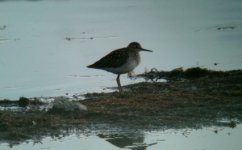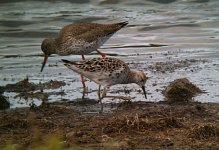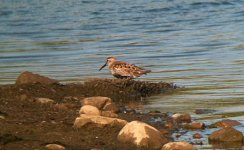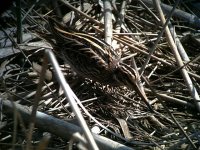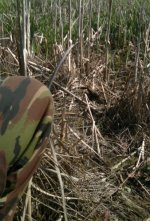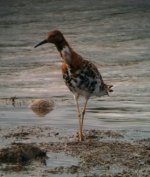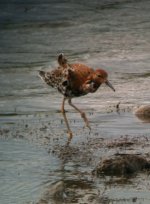FoghornKinghorn
Durham Recorder
Thats quite an accusation to be bandying about on a public forum !
JUST WHO is constantly disturbing Long-eared Owls ?
Myself & my co-workers check our nest boxes in & around the DWT with the consent & goodwill of the DWT Director.
Checking boxes for occupation & the general housekeeping thereof is simply part & parcel of what we do as local conservationists.
Dont forget, we have been studying Long-eared Owls longer than you've been alive Andrew.
I read somewhere only recently of an adult male being flushed from beside a nest and then a female flushed off so you could go up into the tree and count the number of eggs a LEO was sitting on. When I asked about a pair even closer to home and I had asked if you checked the eggs you never denied it. That isn't DWT land, if you have checked the pair you know I am on about.
I am never going to deny you have been watching Long-eared Owls since before I was born but why the need to check boxes and nests for number of eggs? Juveniles can be counted easily once they fledge as you well know. What about the Barn Owls locally? You can't check them without a licence fullstop. Consent to check how many eggs are in a nest every couple of weeks? Why do you even need to know how many eggs are in, if some fail then so be it. At least you can be safe in the knowledge you haven't directly caused the eggs going cold by flushing birds from nests while wanting to know how many eggs are in there in the first place. I never hear on any reserves of staff or wardens going off and counting how many eggs are in an Owl box. It doesn't happen. Why is this an exception? I am missing something here I guess?





